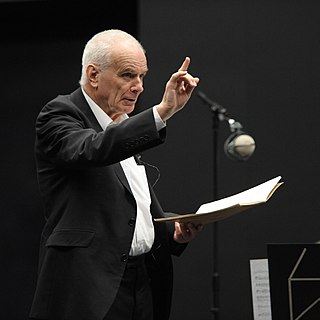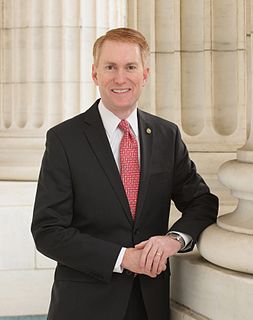A Quote by Steve Eisman
The for-profit education industry has proven equal to the task.
Related Quotes
We need to reverse three centuries of walling the for-profit and non-profit sectors off from one another. When you think for-profit and non-profit, you most often think of entities with either zero social return or zero return on capital and zero social return. Clearly, there's some opportunity in the spectrum between those extremes. What's missing is the for-profit finance industry coming in to that area. Look at the enormous diversity of the for-profit financial industry as opposed to monolithic nature of the non-profit world; it's quite astonishing.
I have been really heartened by how much coverage there has been about inequality of pay across the board, between the entertainment industry and almost every industry worldwide. And just the problem of young women not getting an education, not being able to have an equal position in the cultures all around the world.
Dogma is actually the only thing that cannot be separated from education. It IS education. A teacher who is not dogmatic is simply a teacher who is not teaching. There are no uneducated people; only most people are educated wrong. The true task of culture today is not a task of expansion, but of selection-and-rejection. The educationist must find a creed and teach it.
It needs more than ever to be stressed that the best and truest educators are parents under God. The greatest school is the family. In learning, no act of teaching in any school or university compares to the routine task of mothers in teaching a babe who speaks no language the mother tongue in so short a time. No other task in education is equal to this. The moral training of the children, the discipline of good habits, is an inheritance from the parents to the children which surpasses all other. The family is the first and basic school of man.


































